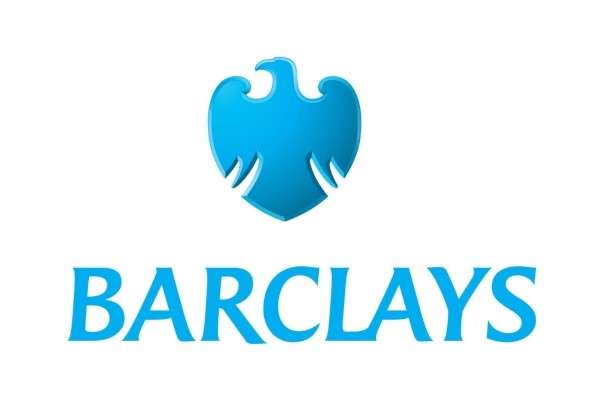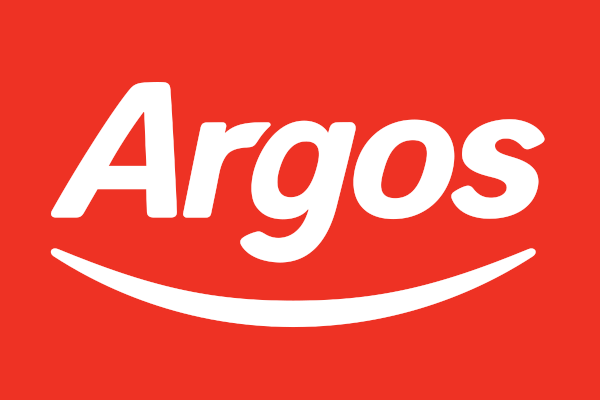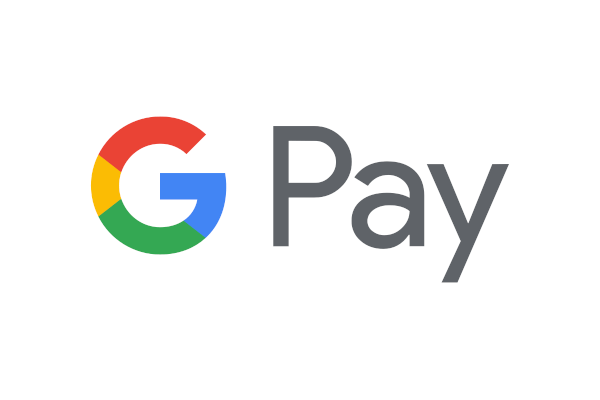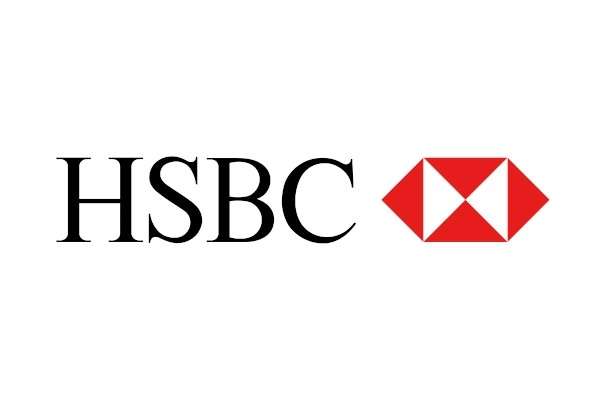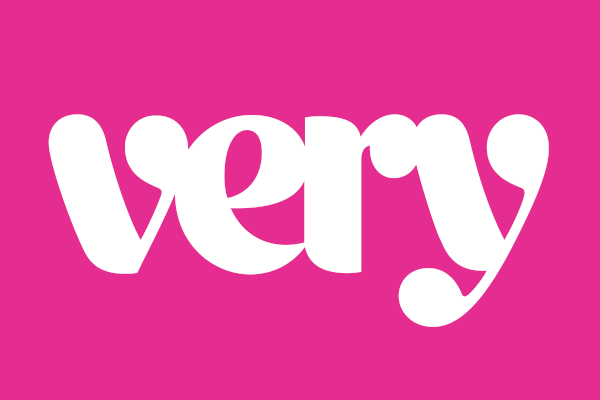
Hire Purchase
Hire Purchase – Car Finance Agreement:
Hire Purchase Agreement Law
What is a hire purchase agreement?
Hire purchase agreements are a form of borrowing. The owner of the goods allows the consumer to hire the goods for a set period. The goods are then paid for through instalment payments.
Search for a Company to begin a Claim
At the end of the agreement, the consumer has the option to purchase the goods from the owner. This is provided that the instalments have been paid for in full. Although the hirer has rights of using the goods, during the term of the hire purchase agreement, they are not the legal owner of the goods.
Hire purchase is different from other forms of credit and borrowing because the consumer does not own the goods until they have fully paid for them.
Therefore, during the agreement, the consumer will not be allowed to sell or get rid of the goods unless the owner gives specific permission. If done, it is a criminal offence.
Additionally, with hire purchase agreements, the goods can be repossessed if the borrower falls behind on payments or is unable to pay.
Concerning cars, a car hire purchase agreement is a form of finance plan. Once a deposit has been paid, consumers hire the car with the option to buy it at the end.
How does hire purchase work?
Before entering into a hire purchase agreement, you will need to have a good credit rating score. This will also help you to find the best deals with lower interest rates. Before signing an agreement, understand and compare the total amount you will need to pay.
The loan is secured against the car, so you will still not own it until you have made all payments including the Option to Purchase fee.
Initially, a deposit will need to be paid which will usually be 10% of the value of the car. The rest will then be paid off in a one to five year period.
Hire purchase agreements are arranged by the car dealer, but some brokers also provide these. When it comes to new cars, the rates are much higher, but with used cars, they tend to be less competitive. For example, for a second-hand car, the annual percentage rate (APR) will be between 4% – 8%.
The lower the APR, the better it will be. If the consumer’s credit score is bad, then the rate will be higher.
Before signing a hire purchase agreement make sure you know and understand all of the terms and conditions of the hire. Check things such as the Option to Purchase fee and see how much you will need to pay at the end of your agreement if you would like to own the car. This fee is usually approximately £100-£200, but it will vary depending on the vehicle and the dealer.
What are the pros of a hire purchase agreement?
There are many reasons why consumers opt for a hire purchase agreement instead of buying the car or using other finance methods.
One positive of hire purchase agreements are the flexible repayment terms that they come with. This can be between one to five years. This allows consumers to choose a repayment plan that suits their financial needs. Do note that the longer the agreement term, more interest will be paid overall.
Another pro is the low deposit in comparison to other agreements. The deposit required is usually only 10% of the price of the car.
With a hire purchase agreement, the interest rate is fixed. So you will know exactly how much you will be paying for the whole term. This will not change month to month.
Once you have paid off half of the car’s price, you can sometimes have the option to return the car without making any more future payments.
Hire purchase agreements are also beneficial for those who have lower credit scores. This is because the car acts as a guarantee for the loan.
Typically, the agreements do not come with any mileage restrictions, and you will not need a large sum to purchase the car.
What are the cons of a hire purchase agreement?
Whilst there are many positives of entering into a hire purchase agreement, there are still a few cons you should consider before you sign a contract.
Mainly the fact that you do not own the car until you have made the final payment. This can cause problems if you have any financial difficulties during the agreement as the lender can take the car away.
You will not be able to sell or add any modifications to the car until the agreement term is over. If you do want to do these, you will need permission from the owner first.
The monthly payments do tend to be higher, and your deposit and term length will affect this. The smaller the deposit you pay, the higher your monthly payment will be. For shorter terms, the monthly payments will also be higher.
Until you have paid off a third of the total amount payable, then the lender has the right to take the car back without a court order. And if you are only looking for a short term agreement, this route may be more expensive than others.
How do I get the best hire purchase agreement?
The most common way to get a hire purchase deal is by getting the finance through the dealer that you are buying the car from. You can also get a good hire purchase agreement by going online through a broker.
Search online first, so you know what numbers to haggle with when you are in the dealers. Offers will vary online and at the dealers, so it’s essential to have a wide range of multiple quotes.
To get a reasonable estimate to make sure to find out: how much the APR is, the total amount that is repayable, the total cost of the credit and any additional fees including the Option to Purchase Fee. Knowing all of this will help you understand which deal works out best for you overall.
Before applying for car finance
Before you enter in to and are bound by any financial agreement, it is always important to read the small print. Make sure that you know all of the terms and conditions before you sign a contract. Do the sums yourself, so you also know how much you will be paying.
It’s best to know all the fees early because some financial agreements charge to cancel early. All of this information will be provided in detail in the contract.
Before you choose the type of car finance that is right for you, you can use online comparison sites to help you select and compare. Some sites will show you the exact APR rates (instead of just representative), and that means you will know exactly how much is due from you each month which helps your financial budget.
Budgeting is essential because if you do not keep up with your car hire purchase payments, it is very easy to lose your car.
Other options for buying a car
If a hire purchase agreement is not for you, do not be discouraged! There are many other ways to do it. Besides hire purchase agreements, you can use other finance options, get a bank or credit loan, or save up to buy the car.
If you‘re struggling to meet your car finance payments or want to cut costs, you can pay off the agreement early or return the car. But there are some conditions and costs attached to doing this, so don’t decide until you know exactly what they are.
Getting out of a car finance agreement
If for any reason you wish to get out of car finance or hire purchase agreement, there are ways that you can do it. You have the legal right to cancel some types of car finance agreements early under UK law.
This is called a voluntary termination which is not the same as a voluntary surrender which you should try to avoid.
When can I end my car finance deal early?
There are many reasons why some consumers will consider ending their car finance deal early. For example, some people find that they can reduce their costs by stopping their agreement early and then buying a car elsewhere. Or the car is no longer needed for the rest of the agreement term.
If you are struggling to meet the monthly payments because of a change of circumstances, then you might also be able to end the agreement early.
Additionally, if you aren’t able to pay for other household bills alongside your car, then it is better to exit the contract early.
This will prevent you from damaging your credit score by falling into arrears. A bad credit score will make it harder to get credit or hire purchase agreements in the future. It also means the APR will be higher if you do manage to get a deal.
If your car hire purchase agreement has put you in severe financial difficulty, then you should try and seek free and confidential advice. This is available from various charities and debt advice organisations.
Your rights to voluntary termination and the hire purchase agreement law
Within Section 99 of the Consumer Credit Act 1974, the circumstances which allow you to terminate your hire purchase agreement voluntarily are clearly stated. It refers to both new and second-hand cars. This law is to help consumers who have initially taken out an agreement but over time have become unable to pay for the term.
This might happen if the customer becomes redundant, or has had any other significant change in their financial life. This law serves to protect consumers in this unfortunate instance.
You have the right to end your hire purchase agreement early provided that you have paid at least 50% of the total amount. Usually, with a hire purchase agreement, you will reach the 50% mark halfway through your full agreement term.
The amount that a lender can charge you for choosing to repay your hire purchase agreement early is capped by UK law. This rule is set out in the Consumer Credit Act and can be found on pages 6-7 of the Financial and Leasing Association leaflet.
The most you should ever expect to pay is the outstanding capital on what was borrowed (this does not include the interest). In addition to that you will also need to pay the lowest amount of either:
- 1% of the amount repaid early – e.g. £100 if you have a debt of £10,000 outstanding.
- 0.5% of the amount repaid early provided less than 12 months of the agreement remain – e.g. £50 if you have a debt of £10,000.
- The remaining interest.
Note that if what you are repaying early is less than £8,000 then you should not be charged any extra fees.
What if I haven’t reached the 50% mark yet?
If 50% has not been paid, then you can pay the difference and then cancel. For instance, if you have paid back £15,000 and the total amount is £40,000, you will need to pay an additional £5,000 to reach the 50% mark before you can terminate early.
If more than 50% has been paid back, you will still be able, but you will not be refunded.
Will a voluntary termination affect my credit rating?
Having a voluntary termination might show up on your credit file. But it should not make any difference to your actual credit rating. It should also not prevent you from getting credit in the future.
It is better to voluntarily terminate your hire purchase agreement than to fall into arrears. Falling into arrears is something that will affect your credit score and make it very difficult to get credit later. Lenders might also use this information to increase your APR. In short, voluntary termination is undoubtedly the better option.
Ending your hire purchase agreement: what is fair wear and tear?
It’s important to note that if you want to terminate your hire purchase agreement voluntarily, the car should still be left in good condition of use. The condition of the car is critical because you will be charged for the repair costs.
Wear and tear is generally acceptable, but if there are larger scratches or broken lights or mirrors, then you will be charged for these.
Your dealer will let you know what classes as fair wear and tear. It also helps to look online at the BVRLA guide. They guide what generally is classed as fair wear and tear, and you can also order a physical hard copy of this guide for reference.
If you do have damage that is not classed as fair wear and tear, you can always look into repairing the car yourself at a garage. This might work out cheaper than being charged by your lender for any repair costs.
Things to note when ending your hire purchase agreement early
Firstly, if you do choose to use voluntary termination to terminate your agreement, it will show up on your credit record. There won’t be any record of why the contract was ended, but it will show up. This will not usually make any difference on your credit score and as mentioned above is far better than falling behind on payments.
It costs car companies significant amounts of money to end an agreement early, so using voluntary termination very frequently will look bad on the consumer’s part. Companies lose money when consumers end hire agreements early so they might not be as willing to do so. Sometimes, they might try to make the process long and hard.
If you want to prevent this, write to them telling them why you need the voluntary termination. Services such as Citizens Advice can provide you with free template letters for this, helping you to include all the relevant information.
The lender might even try to give you a penalty based on your car’s mileage as it will be more miles than they would have expected you to do. By law, they are not allowed to charge you this penalty if you have taken good care of your car.
Make sure you keep up with your monthly payments before you try to apply for voluntary termination. The finance company will have more rights if you have missed payments and your credit record will show this information.
When can the lender repossess my car?
If you have not been able to keep up with the monthly payments, then the lender can choose to end the agreement and repossess your car. Usually, they will require a court order to have the power to do this. But if you have not paid up to a third of the total repayable amount, then they will not need a court order for this. Your hire purchase agreement should initially state how much a third of the total amount is.
When they repossess the car, the lender may sell it and then use the money to finish paying off the consumer’s debt. If the price was not enough to pay the full debt, then the consumer is liable to pay the remaining amount in addition to any court fees.
You can try to ask your lender if you can sell the car yourself to try and get as much money as you can to pay off your debt this way.
In conclusion, there are ways you can get out of a car finance agreement through an early voluntary termination. If you choose not to terminate your agreement voluntarily and can’t keep up with your monthly payments, your lender may be able to repossess your car.
Top Complaints:
Quick Complaint Form
All companies in this category


